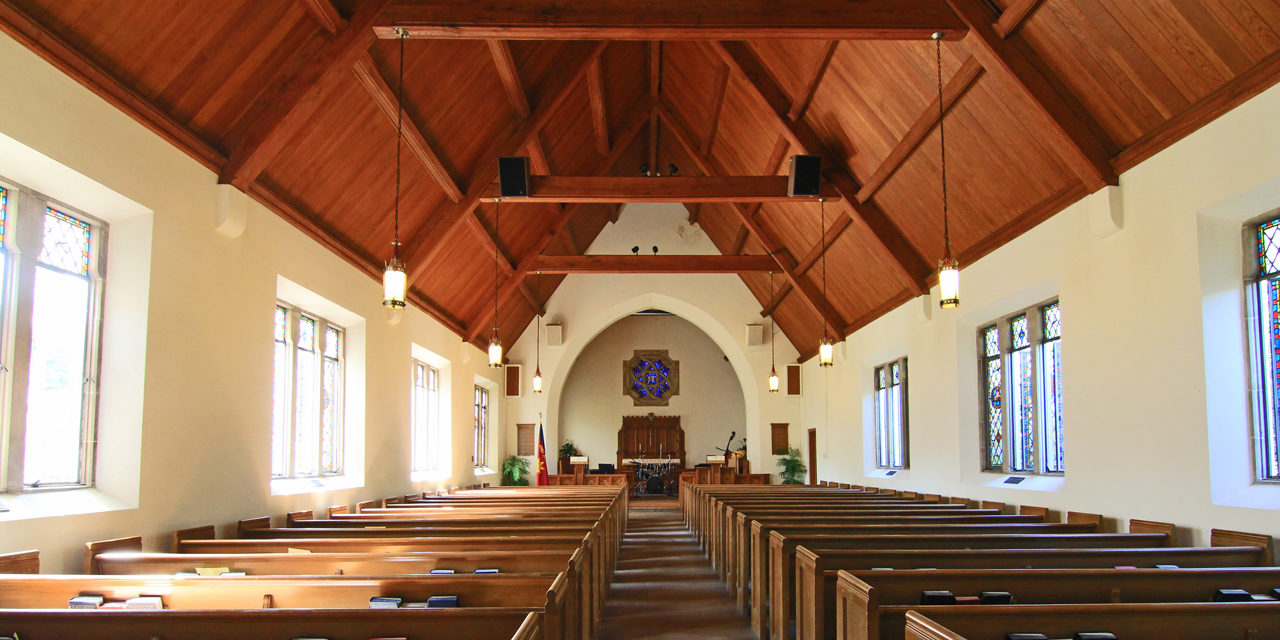“While the law may take periodic naps during a pandemic, we will not let it sleep through one.”
With that pithy warning regarding the need to protect constitutional rights even during the coronavirus pandemic, a three-judge panel of the 6th U.S. Circuit Court of Appeals on Saturday blocked Kentucky Governor Andy Beshear’s order forbidding “drive-in” worship services within the Bluegrass State.
Beshear’s order classified churches as “non-life-sustaining” organizations, which cannot hold mass gatherings while classifying many secular businesses such as hardware stores, law firms and accounting offices as “life-sustaining” and therefore exempt from the closure order.
Maryville Baptist Church in Louisville, Kentucky, brought the lawsuit that ended up at the 6th Circuit over the weekend.
The facts of this case were particularly egregious. The 6th Circuit explained:
“On April 12, Maryville Baptist Church held a drive-in Easter service. Congregants parked their cars in the church’s parking lot and listened to a sermon over a loudspeaker. Kentucky State Police arrived in the parking lot and issued notices to the congregants that their attendance at the drive-in service amounted to a criminal act. The officers recorded congregants’ license plate numbers and sent letters to vehicle owners requiring them to self-quarantine for 14 days or be subject to further sanction.”
The church was fully prepared to observe the social-distancing guidelines and cleanliness standards that other businesses were expected to follow. The 6th Circuit seized on that fact when it criticized Kentucky’s differential treatment of churches.
“The orders permit uninterrupted functioning of ‘typical office environments,’ which presumably includes business meetings,” the unanimous opinion reads. “How are in-person meetings with social distancing any different from drive-in church services with social distancing? Kentucky permits the meetings and bans the services, even though the open-air services would seem to present a lower health risk. The orders likewise permit parking in parking lots with no limit on the number of cars or the length of time they are there so long as they are not listening to a church service. On the same Easter Sunday that police officers informed congregants they were violating criminal laws by sitting in their cars in a parking lot, hundreds of cars were parked in grocery store parking lots less than a mile from the church. The orders permit big-lot parking for secular purposes, just not for religious purposes. All in all, the Governor did not narrowly tailor the order’s impact on religious exercise.”
Although the panel issued an order blocking the governor’s prohibition of drive-in services, it said it did not have enough information to rule on the church’s other request to block the part of the governor’s order that prohibited in-church services. That issue will go back down to the lower court to determine, if it can be decided before the emergency health orders expire on May 20.
Besides the important result this decision provides for the congregation at Maryville Baptist, it’s also essential for the sake of this country’s reliance on the rule of law that a federal appeals court has weighed in on this important constitutional issue. In a public emergency – like the coronavirus pandemic, or during war or national disaster – some temporary and carefully tailored restrictions on certain constitutional rights are permissible up to a point. The 6th Circuit’s decision will inform not only the Kentucky governor as to where that “point” is, but other courts around the country will look to this decision for guidance when facing similar actions by government within their own jurisdictions.
The case is Maryville Baptist Church v. Beshear.






